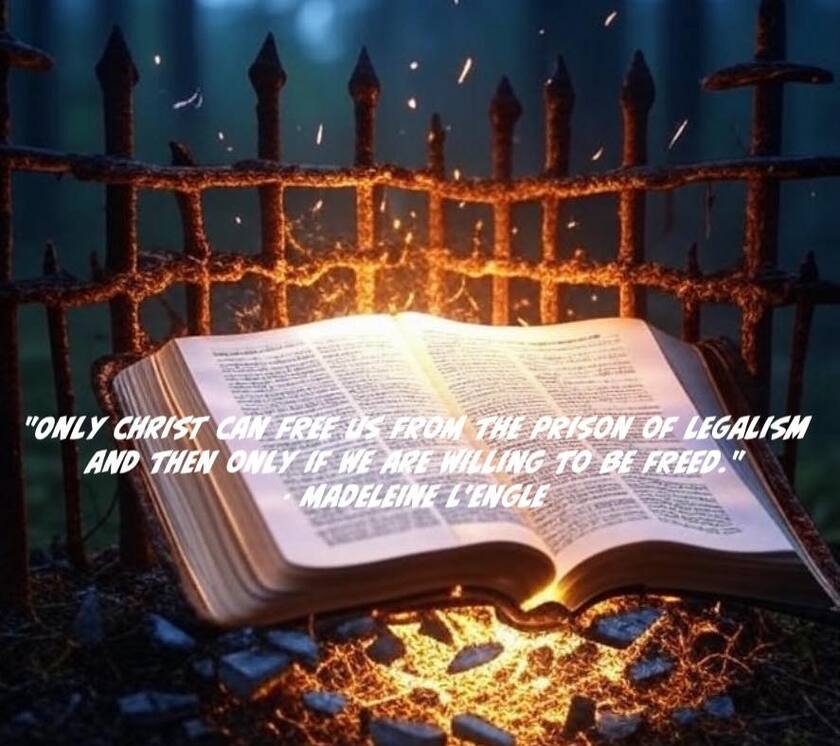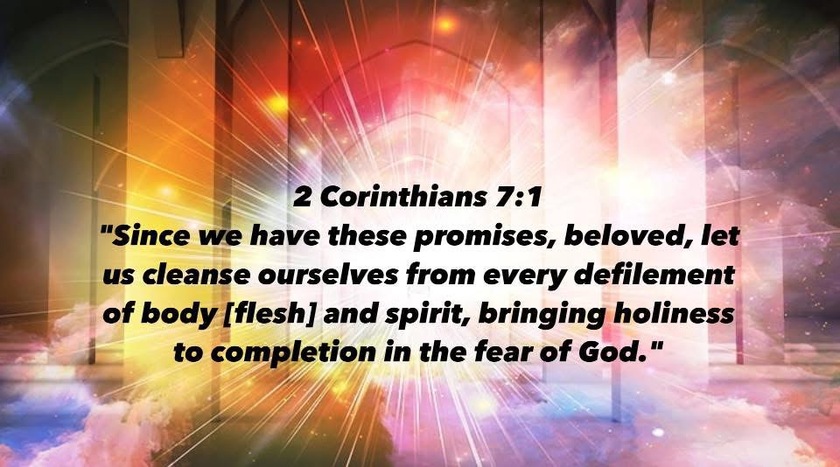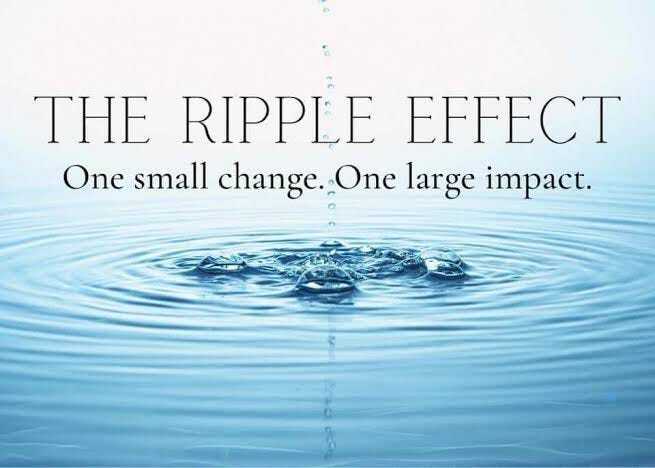Unfettered Grace: The Priesthood of All Believers in Christ
Hebrews 4:14-16
"Since then we have a great high priest who has passed through the heavens, Jesus, the Son of God, let us hold fast our confession. For we do not have a high priest who is unable to sympathize with our weaknesses, but one who in every respect has been tempted as we are, yet without sin. Let us then with confidence draw near to the throne of grace, that we may receive mercy and find grace to help in time of need."
In Christian theology, Jesus Christ is explicitly described as the sole high priest and mediator who provides direct access to God for all believers, eliminating the need for human intermediaries in personal prayer, salvation, or spiritual communion.
1 Timothy 2:5
"For there is one God, and there is one mediator between God and men, the man Christ Jesus,"
This direct access aligns with the doctrine of the "priesthood of all believers," emphasized in passages like 1 Peter 2:9 and Revelation 1:6, where every Christian is considered a priest capable of offering spiritual sacrifices and approaching God without additional human mediation.
You don't go to heaven on the coattails of your ancestors, and you don't access grace through the hands and feet of other sinners. The truth of the bible needs no edits, additions, or extra-biblical traditions to support the work of The Holy Spirit at work within those who are "in Christ".
Jesus said, "you are the light of the world". In Christ you have His light. It can't be faked, it can't be purchased, it can't be received by osmosis. And it is not a commodity to be sold to the masses through the masses.
2 Corinthians 5:17- 21
"Therefore, if anyone is in Christ, he is a new creation. The old has passed away; behold, the new has come. All this is from God, who through Christ reconciled us to himself and gave us the ministry of reconciliation; that is, in Christ God was reconciling the world to himself, not counting their trespasses against them, and entrusting to us the message of reconciliation. Therefore, we are ambassadors for Christ, God making his appeal through us. We implore you on behalf of Christ, be reconciled to God. For our sake he made him to be sin who knew no sin, so that in him we might become the righteousness of God."
Salvation and spiritual life are profoundly personal, rooted in a direct union with Christ, unmediated by human traditions, ancestry, or external rituals that might dilute the sufficiency of Scripture. The Bible stands as its own authority, illuminated by the Holy Spirit, who indwells every believer. Extra-biblical additions, while sometimes well-intentioned, can risk overshadowing the pure message of grace through faith alone.
Ephesians 2:8-9
"For by grace you have been saved through faith. And this is not your own doing; it is the gift of God, not a result of works, so that no one may boast."
All of this is our cornerstone truth, “in Christ”: the old self, burdened by sin and separation from God, is replaced by a new creation. This isn’t a superficial change but a divine act of reconciliation, where God, through Jesus Christ’s sinless sacrifice (v. 21), credits believers with His righteousness.
His righteousness.
His righteousness.
His righteousness.
The Scriptures and the Lord are one and the same. When faith comes to you by hearing, that is the work of The Holy Spirit sent by Jesus to "credit believers with His righteousness."
It’s not earned, inherited, or brokered by others; it’s God’s initiative, making us ambassadors who carry the message of reconciliation, not as gatekeepers but as living testimonies. All of us! This light of Christ (Matthew 5:14) shines authentically from within; it can’t be counterfeited or commodified, for it’s the fruit of the Spirit’s work in regenerated hearts. Attempts to "sell" it through mass systems or hierarchical structures contradict the free gift described in,
Romans 6:23
"For the wages of sin is death, but the free gift of God is eternal life in Christ Jesus our Lord."
Take a look at what's expected of us:
Romans 12:9
"Let love be genuine. Abhor what is evil; hold fast to what is good."
"Let love be genuine" (or "without hypocrisy" in some translations) challenges followers of Christ to embody authentic agape, selfless, unconditional love that mirrors God’s own (1 John 4:8). This isn’t superficial affection but a sincere outpouring from a heart regenerated by the Spirit, free from pretense or ulterior motives. This isn’t legalism but a natural fruit of being "in Christ," where the indwelling Holy Spirit empowers discernment and empowers us to pursue what aligns with God’s will (Philippians 4:8).
In the context of our devotion study this morning, this verse reinforces the personal responsibility of every believer as a priest and ambassador: genuine love flows directly from our union with Christ, not mediated through human systems or traditions. If we embrace this, it shapes our interactions, from personal relationships to sharing the message of reconciliation, all without reliance on external intermediaries. You are his priests when you are obeying his commands and following his words. If you are obeying others and doing other than what God expects of you, how can you say you are in Christ?
This resonates with the Old Testament teachings...
Exodus 19:5-6
"Now therefore, if you will indeed obey my voice and keep my covenant, you shall be my treasured possession among all peoples, for all the earth is mine; and you shall be to me a kingdom of priests and a holy nation."
Here, the role of a “kingdom of priests” wasn’t automatic or inherited passively; it hinged on active obedience, reflecting God’s holiness to the world through covenant-keeping and righteous living. Later it evolved into a religious system laced with fundamentalist rituals and hypocritical practices.
How?
Human traditions, or as the bible says, "the traditions of men".
It's the evolution from Israel’s conditional call as a "kingdom of priests and a holy nation" in Exodus 19:5-6; where the entire people were to reflect God’s holiness through obedience to His covenant, to a more formalized, ritual-heavy system involving layers of human traditions and institutional developments over several centuries. This shift wasn’t abrupt but unfolded through historical, cultural, and religious dynamics, often prioritizing external observances over the heart of covenant-keeping.
Under Persian, Hellenistic (Greek), and Roman influences, the priestly systems became more bureaucratic and ritualistic, with an emphasis on temple taxes, purity laws, and festivals, all things that can be administratively managed by a bureaucratic priesthood. Scribes and emerging groups like the Pharisees developed an "oral Torah" (traditions of men interpreting the written law) to "fence" it against violations, adding rules on tithing, Sabbath observance, and ceremonial washings. Things Jesus himself faced off against many times. Even fashioning a whip to chase these fences out of the temple.
Sound familiar?
It's strikingly familiar to Orthodoxy and Roman Catholic traditions, echoing patterns that have repeated across their respective religious histories. Just as human traditions layered onto the Mosaic covenant in ancient Judaism, transforming a call to heartfelt obedience into a burdensome system of rituals, taxes, and fences around the law, similar accretions have often encrusted the simple Gospel of grace through faith "in Christ".
It was mostly well-intentioned efforts to preserve the faith amid wars between royal families, in politics, and by hypocritical cultural pressures. This often led to elaborate systems that would overshadow the New Testament’s emphasis on direct, unencumbered access to God through Christ. In Eastern Orthodoxy, the veneration of icons, saints, and the Divine Liturgy evolved from early Christian practices but accrued layers under Byzantine imperial influences, becoming a highly ritualized framework with "fences" like fasting rules, hesychastic prayer techniques, and the authority of ecumenical councils’ traditions (often seen as equal to Scripture in the concept of Holy Tradition). Sometimes prioritizing mystical experiences or hierarchical synods over personal Scripture engagement, as critiqued in passages like Colossians 2:8.
Roman Catholicism’s trajectory is similarly layered: the Magisterium’s interpretive authority, papal infallibility, and sacramental requirements expanded under Roman and medieval pagan influences, adding doctrines like transubstantiation, or indulgences, which echoed temple taxes in their fundraising aspects during the Renaissance. These "accretions," aimed to unify the church but were challenged during the Reformation for burdening believers with extras that Christ had already fulfilled (Galatians 3:24-25, where the law was a guardian until faith came, now replaced by direct sonship).
So, it's good to note these histories and learn from them. The key, aligning with our devotional exploration today, is discernment: we examine all these things and ask, do these things enhance heartfelt obedience and the priesthood of all believers (1 Peter 2:9), or does it commodify grace, requiring the "hands and feet of other sinners" as gatekeepers to grace?
My conclusion is this, "draw near with confidence" (Hebrews 4:16) without mandatory fences. Without walls of separation. The Holy Spirit’s work in the "new creation" (2 Corinthians 5:17) thrives on the unedited biblical truth.
Noting these histories isn’t about judgment but about wisdom, growing in faith, maturing in God's word, learning to guard the purity of the Gospel against the subtle creep of human additions, as Paul warned about in Galatians 1:6-9 about not accepting any "other gospel," even if it comes from an angel or apostle. Every tradition, ritual, or potentially idyllic structure must be weighed against whether it fosters the royal priesthood of all believers (1 Peter 2:9), empowering direct, heartfelt obedience, or if it in effect erects barriers that commodify grace, turning freely given reconciliation into a gated commodity controlled by "other sinners."
Friends,
"Draw near with confidence to the throne of grace", unhindered by mandatory fences or walls of separation, just as the veil was torn at Christ’s crucifixion (Matthew 27:51), symbolizing open access for all "in Him." The Holy Spirit thrives on the unedited, living Word, illuminating, convicting, and transforming without need for extras. May we all live in that freedom, as ambassadors shining His light authentically, ever vigilant to keep the path clear.
"Only Christ can free us from the prison of legalism, and then only if we are willing to be freed." - Madeleine L’Engle
Prayer:
Heavenly Father, thank You for the gift of direct access through Your Son, Jesus, our eternal High Priest. Help us discern and reject human fences that obscure Your unedited truth, empowering us as Your royal priesthood to obey with genuine hearts, shining Your light as new creations in Christ.
In Jesus’ Holy name, Amen.




















